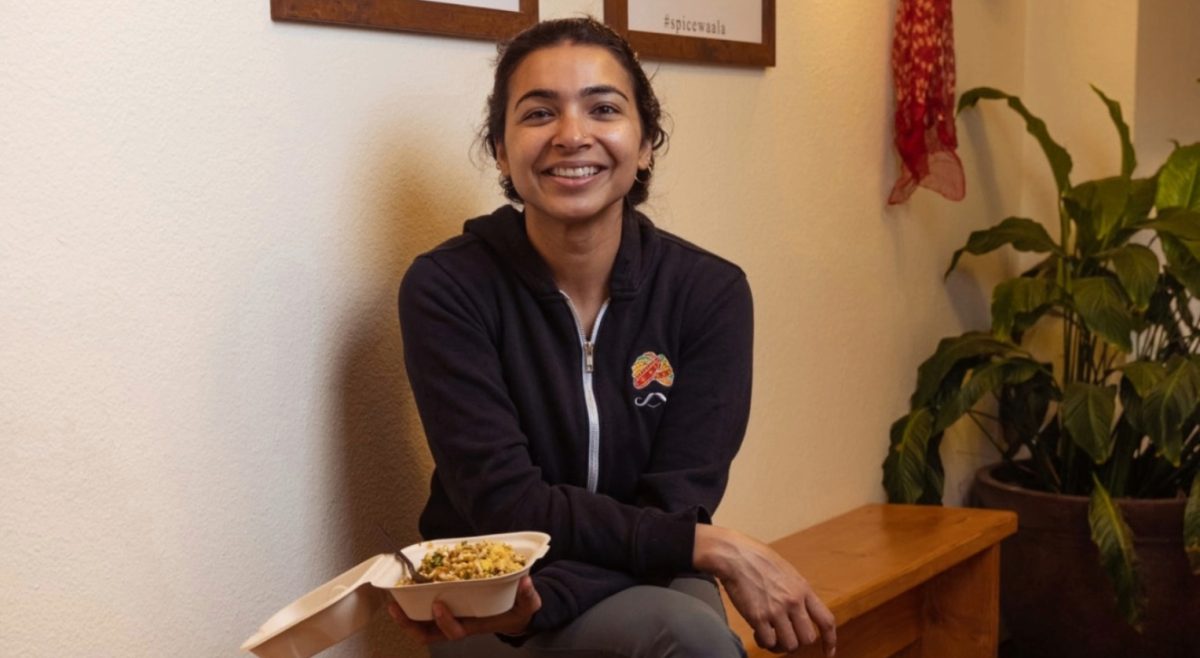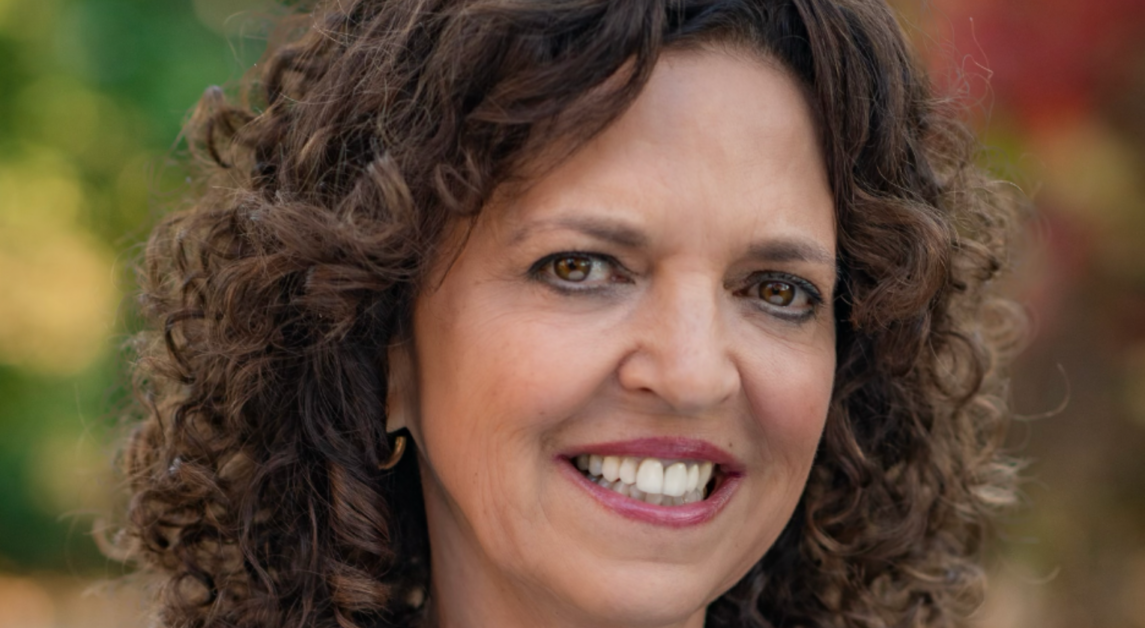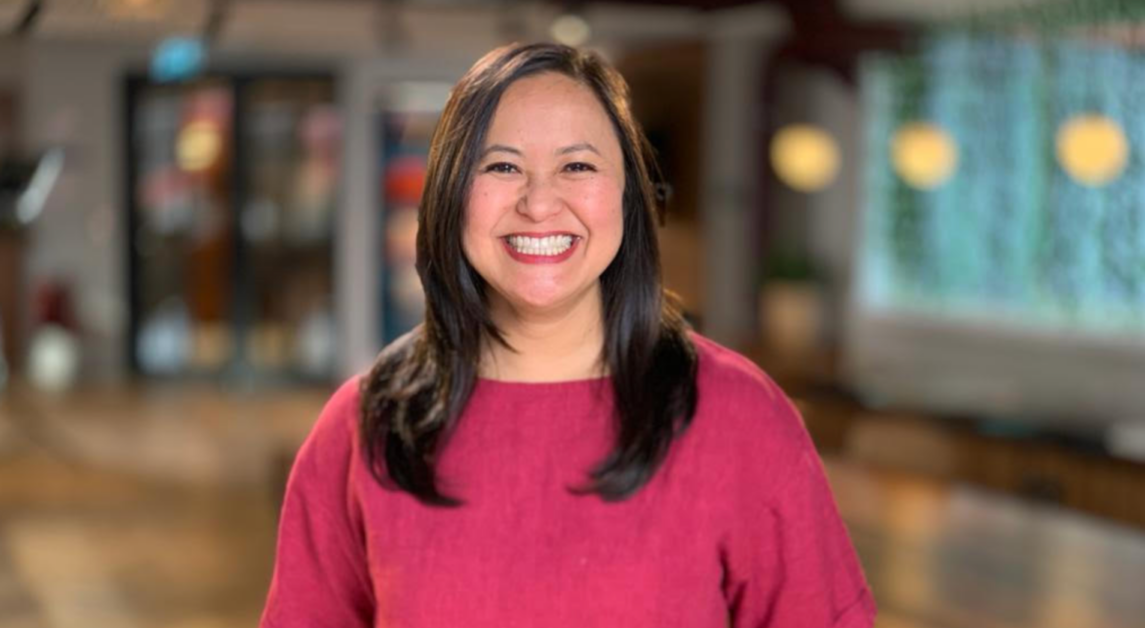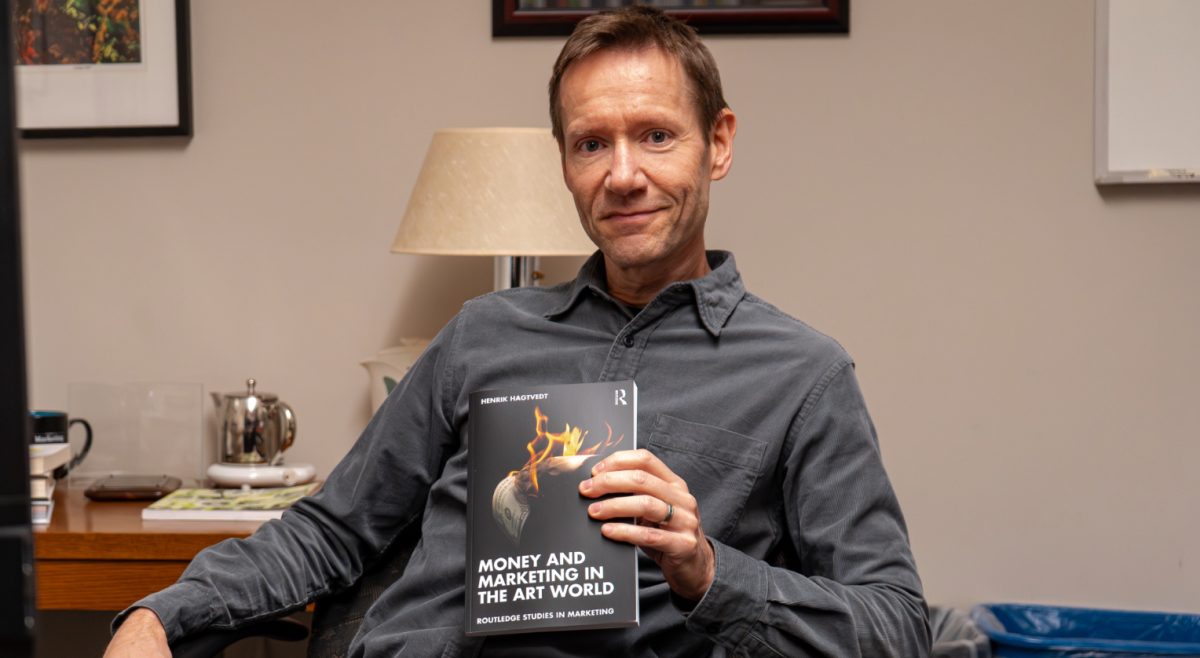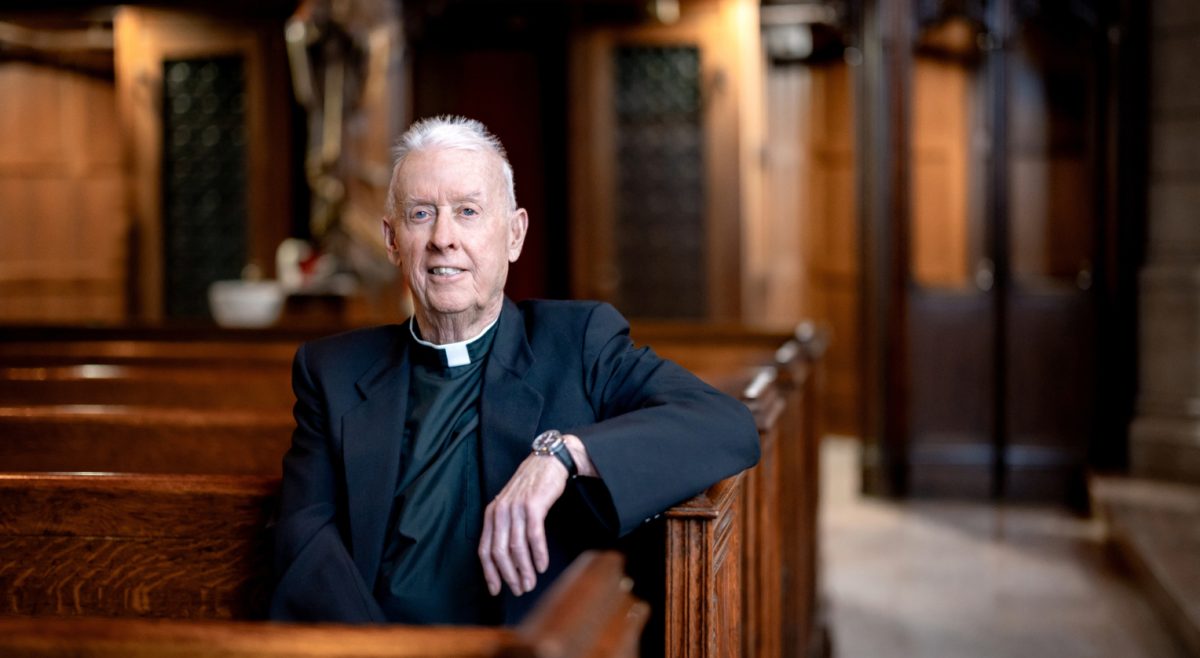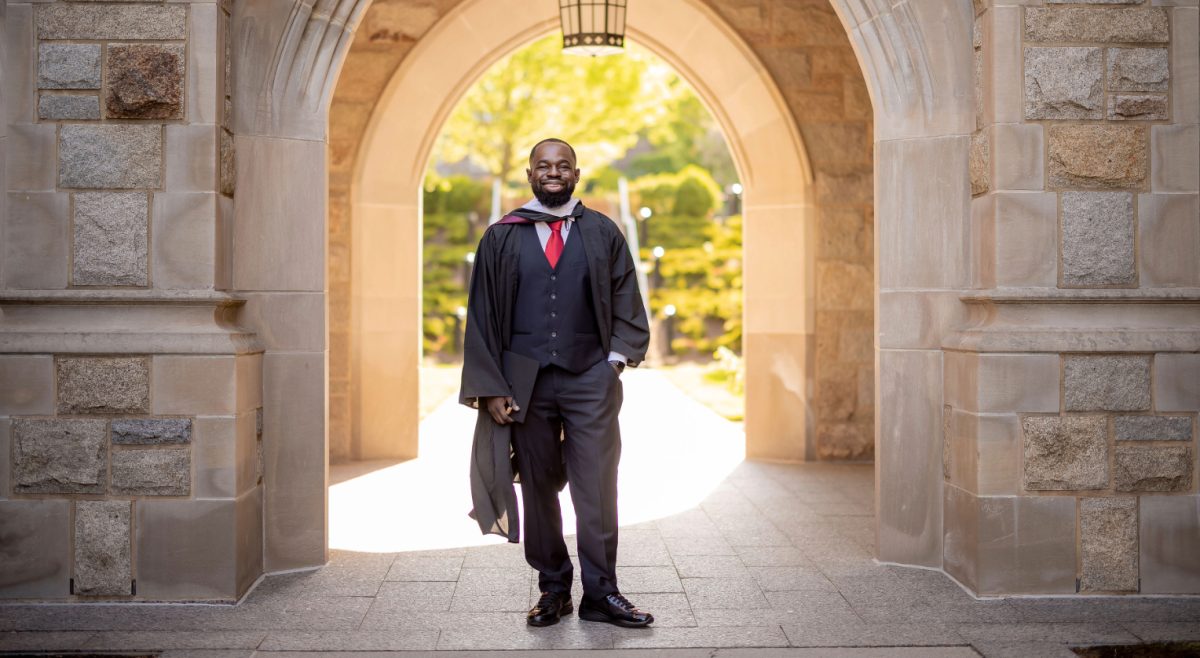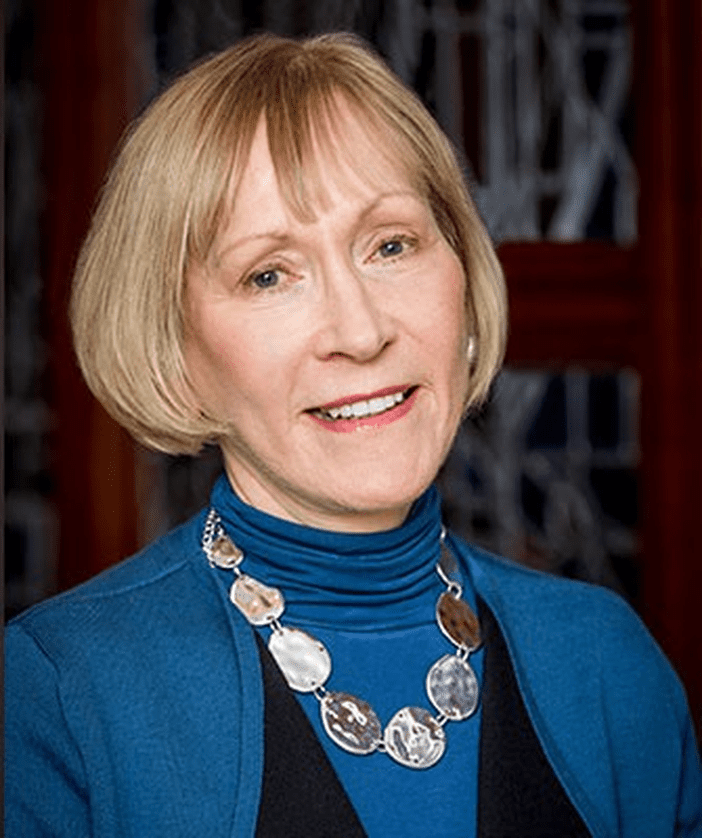By 2011, major tech companies had already made clear that the future was digital. But for a college-aged Tom Coburn, co-founder and CEO of Jebbit, a major gap appeared in the technology market. On a golfing trip during his sophomore year, Coburn found himself inattentive to the poorly directed digital advertisements put in front of him. One particular ad that aired before a video he was watching made him realize the missing potential that would evolve into a multimillion-dollar business.
“I just realized the brand had totally wasted their money trying to teach me something,” Coburn, BC ’13, said. “My instant reaction was to ignore it.”
After this realization, Coburn spent years planning, team-building, and fundraising to create Jebbit, a unique data platform that helps digital companies connect with clients. By using Jebbit, large brands can ask users for feedback via interactive online experiences, all without the need to hire a developer or programmer. Customers voluntarily provide this data, and companies can then use it for further research and development.
Growing up in the neighboring town of Hopkinton, Mass.,Coburn was a huge supporter of Boston College football, he said. His interests were STEM-oriented in high school, as he was involved in his school’s science fair and aspired to go to medical school after college. Coburn was also the president of his high school’s student council. Still, he found time to play golf, which he would continue to play in college. Even with all of his activities, Coburn remained an Eagles Superfan.
“I went as a [BC] Superfan for Halloween,” Coburn said. “I knew if I [hadn’t gone to BC and] was watching a BC football game on TV, I would have been like ‘Man, knowing I could have been there, I would [have].’”
Coburn made his mark at BC by joining the BC Venture Capital club and being involved in the Shaw Leadership Program, a first-year Living and Learning Community that encourages leadership and community service through unique programs in all four years of college.
A large part of Coburn’s entrepreneurial efforts during his college years was his participation in the annual BC Venture Competition (BCVC), he said. This contest was sponsored by Carroll School of Management’s (CSOM) Shea Center for Entrepreneurship, and it awarded a $10,000 prize every year to the best new company idea proposed and expanded upon by BC undergraduates. Jere Doyle, executive director of the Shea Center and BC ’87, helped mentor Coburn during this early part of his career.
“I just gave him a lot of advice on how to start a company and how to get going,” Doyle said. “Advice on how to build a marketing plan, building his team, [and] raising money.”
Doyle said he saw Coburn’s innate entrepreneurial characteristics throughout his college years.
“[Tom’s] ability to figure things out on the fly, his leadership skills, his passion to work alongside others—those things haven’t changed,” Doyle said. “He’s just got that charisma that draws people in, and he’s always been like that.”
Despite Coburn’s involvement in entrepreneurial organizations at BC, it was not in CSOM that he developed his business management skills. Until leaving BC in the middle of his senior year, Coburn was pursuing a biology and theology double major on the pre-med track. It took an inspiring speech from Bill Clerico, co-founder and CEO of WePay and BC ’07, to introduce Coburn to the idea of starting his own business.
“I never took a business class,” Coburn said. “I wasn’t in a business school, and I never liked any class out of it. I remember freshman year going and watching Bill Clerico. … I just remember being like, ‘Wow, that’s so inspiring, he was just in my shoes a few years ago.’ It gave me confidence that I could do that.”
His freshman year, Coburn and his roommates entered BCVC with their own business idea, but they did not make it far.
“Freshman year, my roommates and I tried to start a medical device company,” Coburn said. “We submitted it for the competition, and we didn’t make it very far. We didn’t make it past the first round.”
Though Coburn’s first idea for BCVC did not get off the ground, it provided necessary experience for winning the competition in the future, he said. Coburn’s second idea, which he came up with during his fated golf trip, ended up winning the competition his sophomore year.
At this time in 2011, Coburn planned to produce a digital advertising model that would only cost money to advertisers if users chose to answer a few short questions at the end of their ad. Each question prompt would be fully optional for a user to complete and presented in a quiz-style format. Still, this was only a blueprint for what his company would eventually become.
“The idea was, we were going to attach questions that would ask about the ad [you just watched],” Coburn said. “If you [users] answered the question correctly, you’d get paid … so the brand would know they’re only spending money when someone watched the ad with the learner’s permission, and consumers could just get paid to watch TV.”
This competition-winning plan eventually turned into Jebbit, a company that launched Coburn and his partner, Jonathan Lacoste, into the Forbes 2015 “30 Under 30” list by providing large companies with the opportunity to use unique interactive experiences to advertise their products. Coburn left BC during his senior year to pursue Jebbit full time alongside Lacoste, formerly BC ’15.
“Jebbit is a platform that lets big brands create interactive experiences without needing to have any coding knowledge or design experience,” Coburn said. “You might go to L’Oréal’s website and see a quiz to find the right product for you … all of these quizzes and other interactive experiences are built on [Jebbit], and you can put them anywhere you want.”
Jebbit’s early success has continued and expanded since 2015. In January of this year alone, Jebbit received a $70 million strategic growth investment from a major tech-based investment banking firm. Coburn believes much of Jebbit’s success comes from companies’ renewed value in consent-based, first-party data—information that consumers voluntarily and directly provide to a company.
After Google and Apple recently made changes that reduced brands’ capabilities to access third-party data, Coburn noticed an increase in both Jebbit’s support and support for the first-party data space as a whole.
“Apple’s changes are negatively impacting [brands’] targeting capabilities,” Coburn said. “Many brands are turning to Jebbit as one of these solutions.”
While first-party consumer data is Jebbit’s main focus, Coburn said he is observing the broader tech world around him. In particular, he is looking forward to the future of blockchain technology.
Blockchain technology ensures that digital transactions that are distributed and duplicated across a network cannot be modified.
“[I’m] definitely spending a lot of time right now looking at blockchain,” Coburn said. “Your local restaurant will be running their loyalty program off with NFT’s in the future, [for example]. That’s a lot of the stuff I’m paying attention to.”
Though Coburn left BC before graduating, he did not cut ties with the University entirely. In 2014, Coburn and other BC alumni founded SSC Venture Partners, a venture capital organization that specializes in raising money for BC entrepreneurs. Since their founding, they have cooperated significantly with the Shea Center in lifting BC entrepreneurs’ ideas off of the ground.
“We’ve raised about $5 million from alumni … so we will invest $100 [to] $200K into alumni companies,” Coburn said. “This was something we created to try to fill that gap that [BCVC] wasn’t doing.”
Coburn’s cooperation with BC entrepreneurs also extends to the Shea Center directly, which benefits from the advice and the VC support of SSC Venture Partners, according to Doyle.
“Tom’s been unbelievable giving back to the Shea Center with SSC,” Doyle said. “That’s what BC is all about, being men and women for others. … He’s inspiring today’s students.”
Coburn said he advises emerging BC entrepreneurs to embrace collaboration and take advantage of the many business-oriented opportunities on campus.
“Find a great team of others interested … [and] go into the business competition, whether you end up starting your own company or you end up joining another startup,” Coburn said. “Some of the members of our founding team at Jebbit pitched against me with different business ideas in the competition, and they decided to [join us].”
Featured Graphic by Annie Corrigan / Heights Editor



